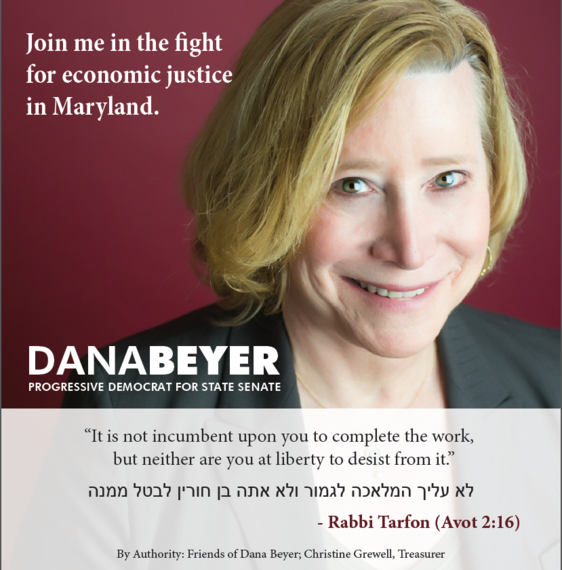May 22 was the White House ceremony introducing the Harvey Milk stamp from the U.S. Post Office, recognizing the first openly gay elected city official in American history. Speaking about the event, Seattle Mayor Ed Murray said, "And while we remember Milk for his courage on issues of equality, he was also a champion of issues we continue to fight for right here in Seattle: education, racial equality and access to the political process for everyone regardless of their economic status."
Why do I choose this quote from the Seattle mayor (who happens to be gay)? Because of the work he is doing in Seattle to make those economic issues championed by Supervisor Milk a priority for the people of his city. As reported by Harold Meyerson, the state with the highest job growth -- Washington -- has the highest minimum wage -- $9.32. Mayor Murray, working with a business-labor roundtable, has proposed a $15 minimum wage, a bill highly likely to be approved by the Seattle City Council. This success exemplifies the new model of business-labor relations, now that private sector workforce unionization is below the seven percent mark.
Unfortunately for most American workers, progress is still stultifying slow. Here in Maryland, the state legislature this past session passed a minimum wage law, but they did so by making the minimum effort to help those who need it the most. At every opportunity the bill was diluted: the final phase-in date was extended from 2016 to 2018; indexing to the cost of living was removed; tipped workers were dismissed from coverage, as well as seasonal workers. The $10.10 level was accepted, rather than $11.50, as recently enacted in the D.C. region because it was the easier number, one upon which the President had settled for the national minimum wage. But while President Obama has to worry about a rejectionist House of Representatives and a significant number of hostile red states, Maryland is overwhelmingly Democrat with little chance of losing any of that majority in the near future.
In contrast to the minimalist minimum wage, the General Assembly raised the estate tax exemption to the federal level, from $1 million to $5.34 million by 2019, and indexed it to inflation. God forbid the top two percent would have to come back to lobby for a revision in the limit in 2019 as the minimum wage workers will need to do, with far less free time on their hands. The Republican effort to label the estate tax the "death tax" has finally come to fruition in Maryland, driving us into a competition with neighboring states to see who can best give away more of the store. Also, Maryland, the state with the largest number of millionaires per capita, is giving away $130 million annually to the heirs of those millionaires, a very large chunk of who are, ironically, non-residents.
We Americans pride ourselves on having removed the shackles of hereditary wealth and power, and now we are eagerly embracing a new form of such privilege.
Dan Rodricks, columnist for the Baltimore Sun and WYPR radio, said it best:
[Maryland] Democrats keep finding ways to be mediocre and run from their party's historic ideals. It's why they look like a party in almost constant identity crisis.
Here's what FDR once said: "The test of our progress is not whether we add more to the abundance of those who have much, it is whether we provide enough for those who have little.
There's a reason Maryland Democrats regress quickly to mediocrity, aside from the lack of positive natural selection induced by a robust two-party system. It's that the core legislative leadership, particularly in the Senate, has been in office since the Reagan years. Democrats in those years learned to be afraid of their shadows, to run at the earliest sign of trouble, and be satisfied with small victories. They took the Republican propaganda to heart and their behavior in those years became habitual.
As Rodricks puts it,
Most of the themes defined the Democratic Party in the time of Franklin Roosevelt, Harry Truman, Lyndon Johnson and John Kennedy ran with them.
But then, coming out of the Democratic wilderness years when Ronald Reagan was president, Bill Clinton decided to tone the whole Roosevelt thing down and run to the middle.
That's where Democrats generally still are -- in the middling middle.
Those progressive Democratic themes as described by Rodricks -- "fostering a government that serves the common good, giving voice to the poor, watching out for the working class, promoting public education and environmental stewardship, exercising vigilance over the powerful while protecting the powerless" -- are often no more than a campaign slogan. It is only when local activists organize, and organize well, that there's a chance of moving the legislature from the middle.
We need more voices like Rodricks in the media, rather than bloggers who slavishly spin and distort for their preferred candidate from behind the curtains. We need more leadership from the top, as we had when the President came out for marriage equality and lit a fire under the movement and the party. We need more delegates and senators willing to stake out the moral center, and demand that the majority then follow, rather than congregate in the political center and call it home, taking the easy way out.
I will be one of those Senators, and proudly represent my neighbors who demand a more just society, yearn for leadership and representation that will place them first. It's time for powerful progressive change.

